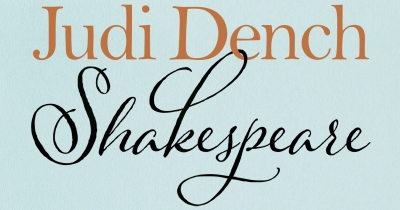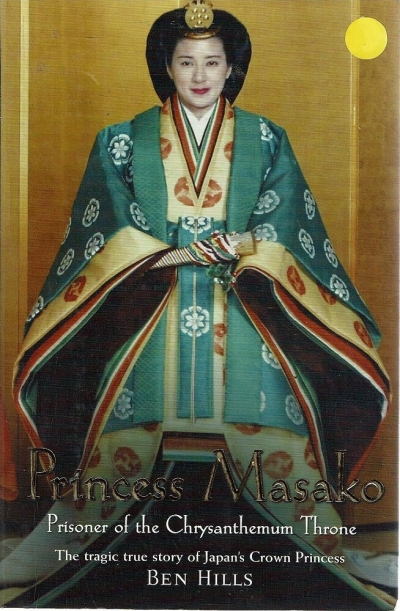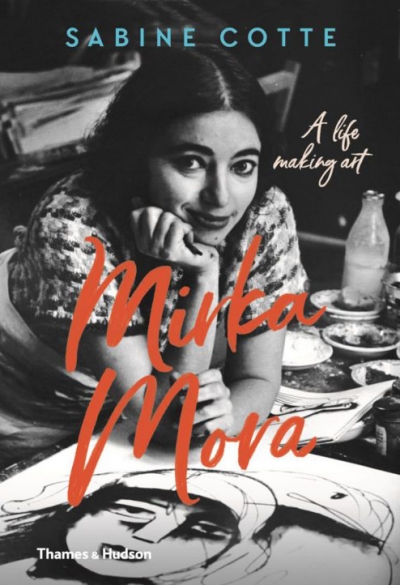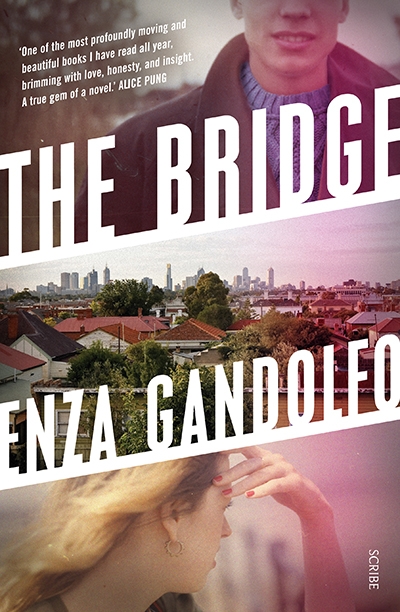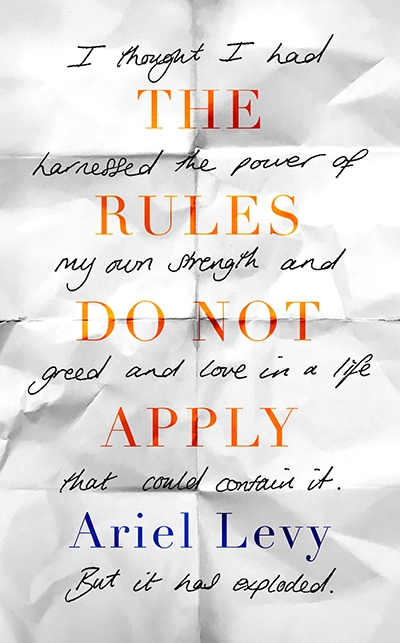Carol Middleton
Sign up to Book of the Week and receive a new review to your inbox every Monday. Always free to read.
Recent:
Shakespeare: The man who pays the rent by Judi Dench with Brendan O’Hea
by Carol Middleton •
Princess Masoko: Prisoner of the Chysanthemum Throne by Ben Hills
by Carol Middleton •
Soar: A life freed by dance by David McAllister with Amanda Dunn
by Carol Middleton •
The Woman Who Cracked the Anxiety Code: The extraordinary life of Dr Claire Weekes by Judith Hoare
by Carol Middleton •
Enemy: A Daughter’s Story of How Her Father Brought the Vietnam War Home by Ruth Clare
by Carol Middleton •


